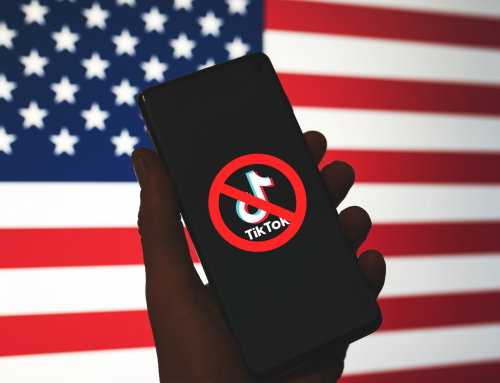Only recently, the tech giant was accused of undermining its own tracking protection and collecting unauthorized user data. Now the company is once again being criticized.
Not long ago, four plaintiffs filed a class action lawsuit against Apple. The accusation was that the US company had found a way to circumvent its own ATT tracking protection. Now researchers have uncovered that the infringement could be even more far-reaching than previously thought. Specifically, Apple Analytics data is said to contain an ID that allows iCloud users to be identified.
Not the first accusation against Apple
Back in early November 2022, the German-Canadian research group Mysk published privacy concerns via Twitter that affected millions of iPhone and Mac users. In their sights: the apps Instagram and Facebook. They are said to have logged – via embedded JavaScript code – clicks on advertisements as well as links and even text entries and forwarded them to Apple. Despite the user’s prior tracking rejection.
What user data was really transmitted?
Now Mysk is once again making serious accusations against Apple. This time it is about a user ID called “DSID” (Directory Services Identifier). This is an ID number that is linked to the iCloud account of the respective user and cannot be changed. According to Mysk, this ID is to be transmitted to Apple as part of the data collection process. The problem: It is identifiable, i.e. linked to all data in iCloud. This includes the user’s full name, e-mail address and birthday. In this way, Apple can personalize each data transmission and thus assign it to a specific person, according to the accusation.
Possible consequences not foreseeable
If the accusations are true, the iPhone company could possibly be confronted with numerous new (class action) lawsuits. After all, Apple’s privacy policy states that “none of the information collected identifies the user personally” and “personal data is not logged.” Apart from the financial consequences, the accusations harbor an even bigger problem for Apple: The carefully built image as a privacy-friendly tech company could suffer lasting damage.







